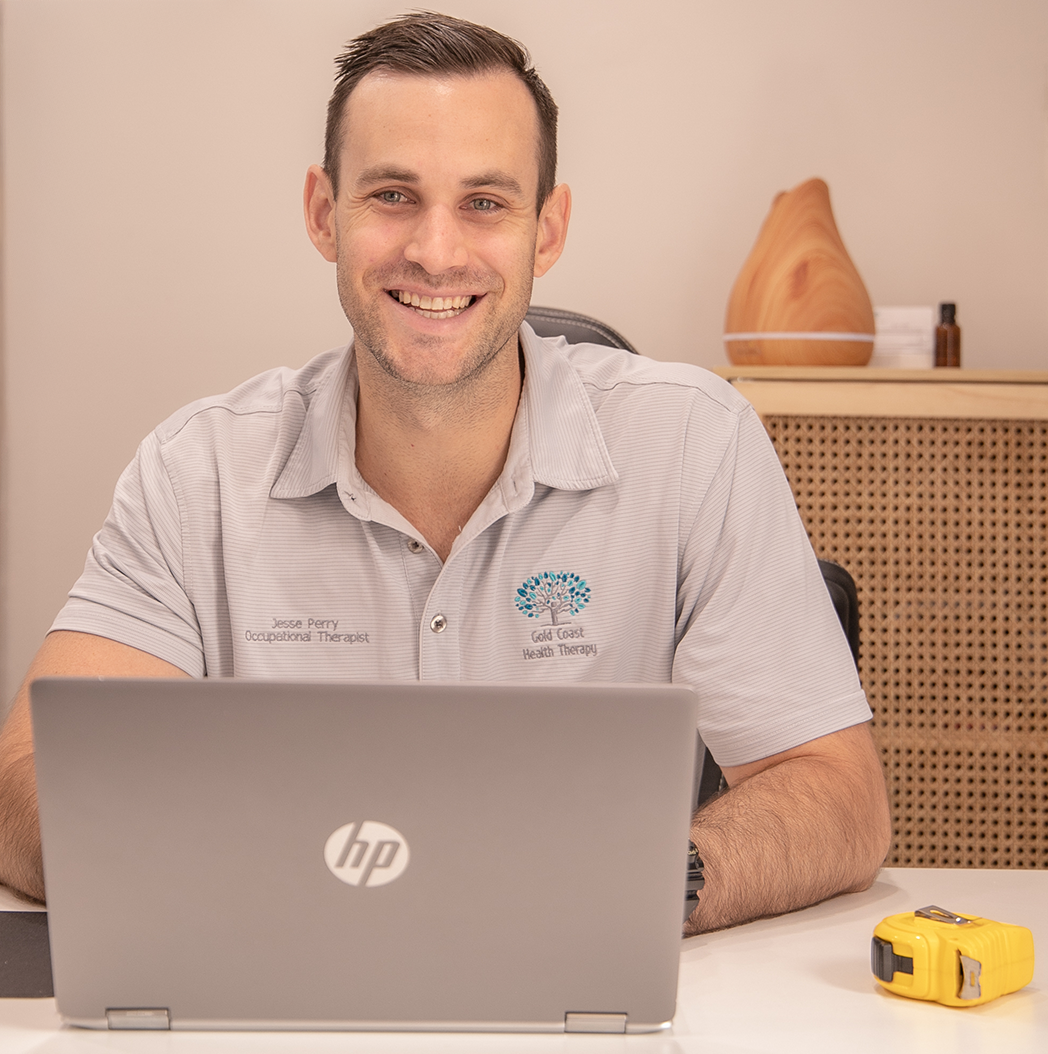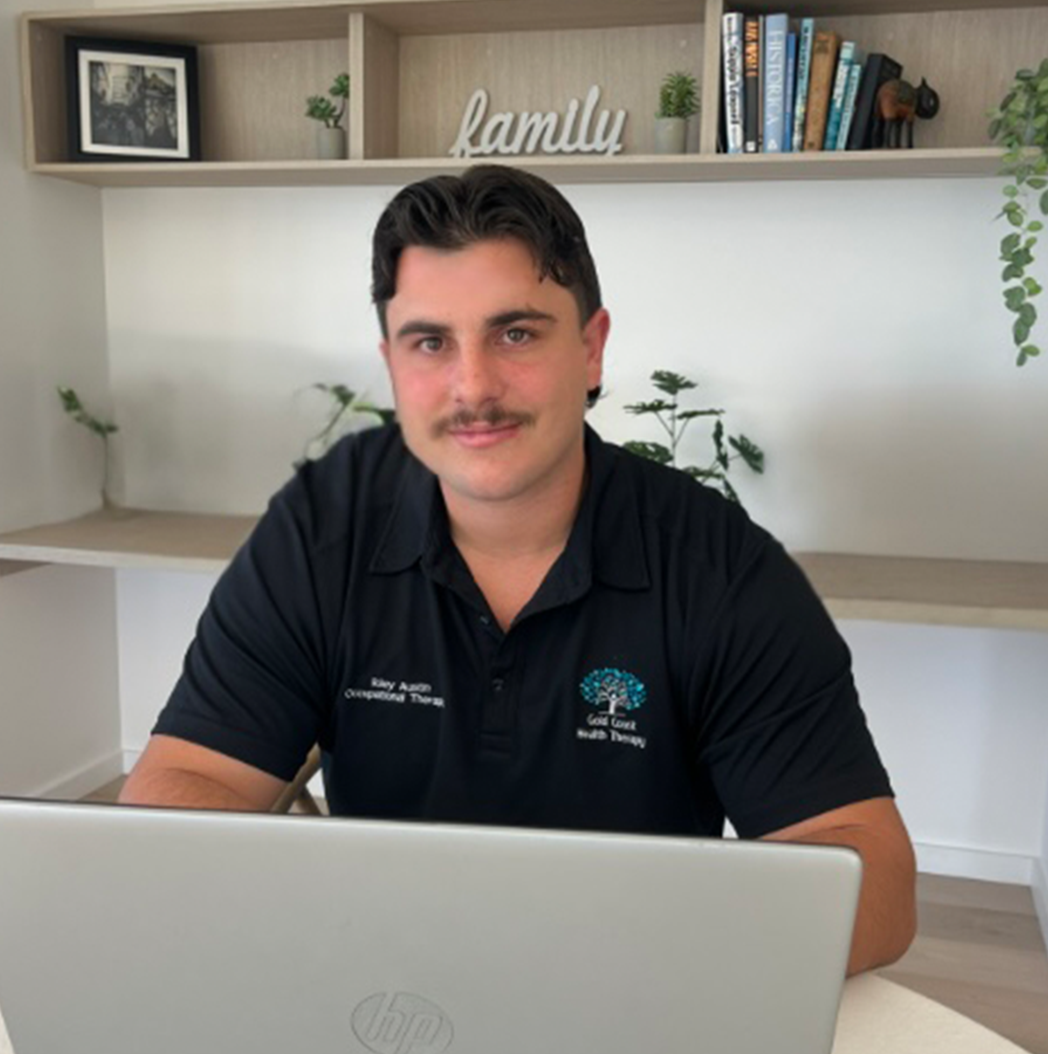Occupational Therapist on the Gold Coast with heart, experience & results.
NDIS
My Aged Care
Private Clients
Our Gold Coast OTs believe Occupational Therapy is about more than just ticking boxes. It’s about empowering real people to live with greater independence, safety and confidence; in their own homes and on their own terms.
We work with NDIS, My Aged Care and private clients across South East Queensland, offering hands-on support that’s tailored to your daily life. Whether it’s designing an accessible bathroom, recommending assistive equipment, or completing a functional capacity assessment, we take the time to truly understand what matters most to you.
The GC Health Therapy story
GC Health Therapy was founded on a simple belief: that every person deserves to feel safe, confident and supported in their daily life. What started as a one-person practice has grown into a trusted Occupational Therapy service known across South East Queensland for its hands-on care, practical solutions and genuine commitment to better outcomes.
With deep roots in the local community and a strong foundation in both clinical knowledge and real-world problem-solving, we specialise in helping people live more independently, whether through functional assessments, assistive technology, or thoughtful home modifications.
Meet the team

Jesse Perry
Founder & Lead Occupational Therapist

Riley Austin
Occupational Therapist
How we work
We take a collaborative, person-centred approach to Occupational Therapy. We pride ourselves on doing things properly, not just quickly. And while we move fast, we never rush the relationships that matter most: the one we build with you. Our team will:
- Listen to your goals and concerns
- Work with you (and your support network) to find the right solutions
- Provide clear communication at every step
- Deliver fast, detailed reports that support the funding you need
- Follow through, from assessment to implementation
Let’s work together
Whether you’re just starting your NDIS journey or looking for a fresh OT perspective, we’re here to support you with genuine care, professional insight and a genuine commitment to real outcomes.